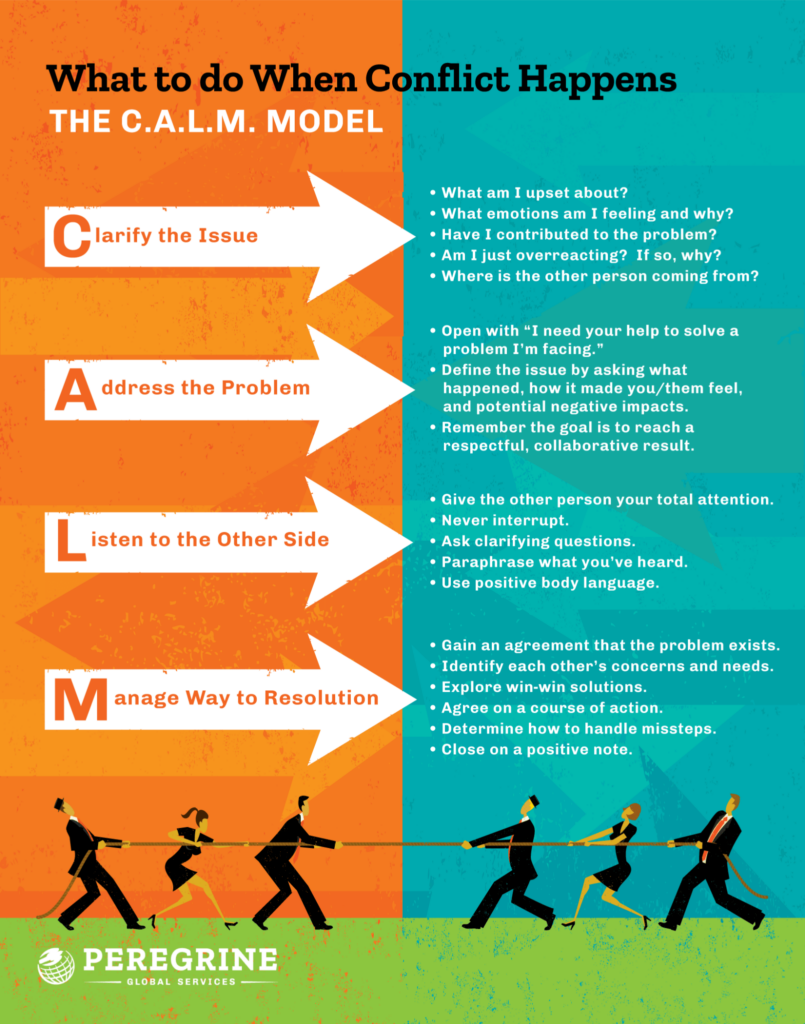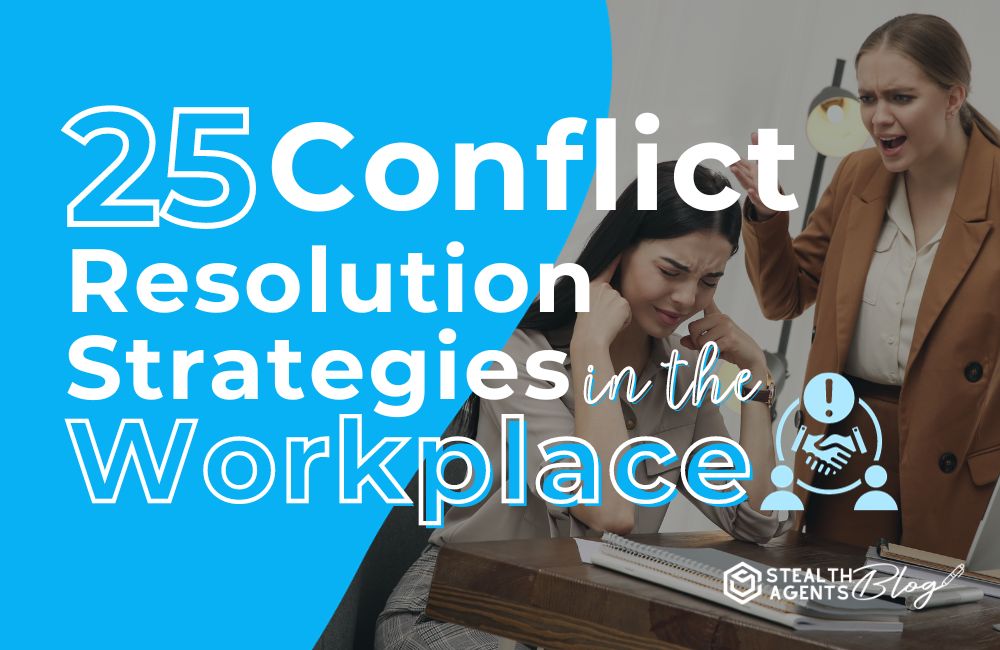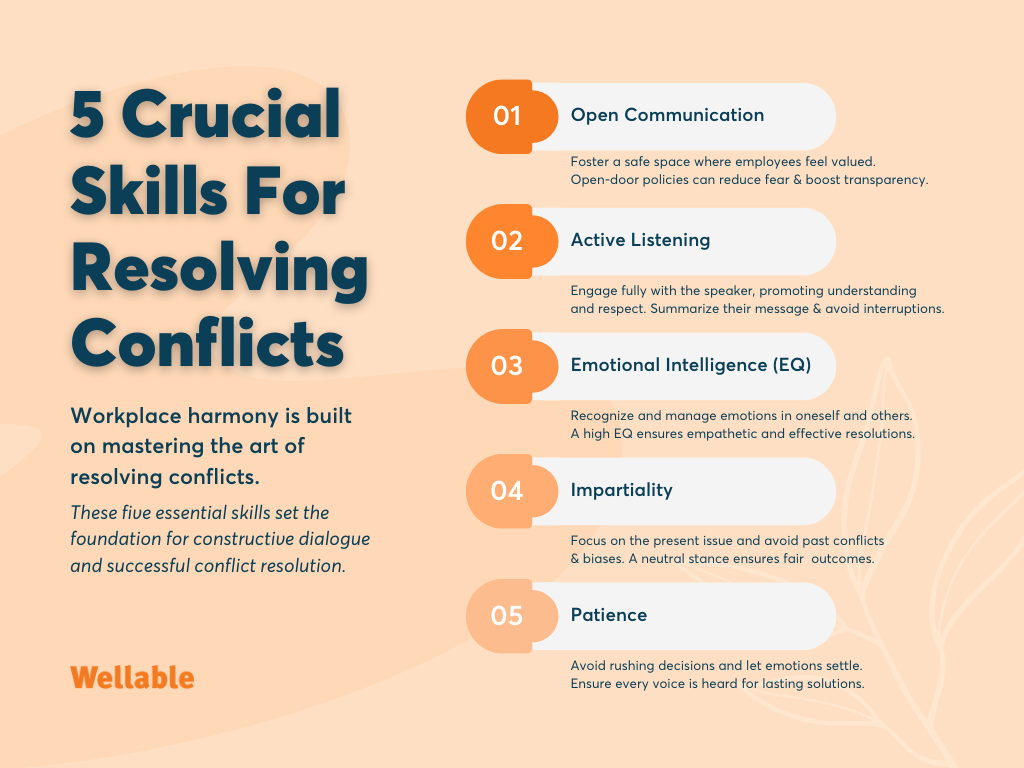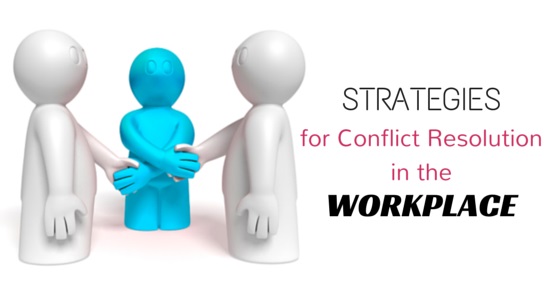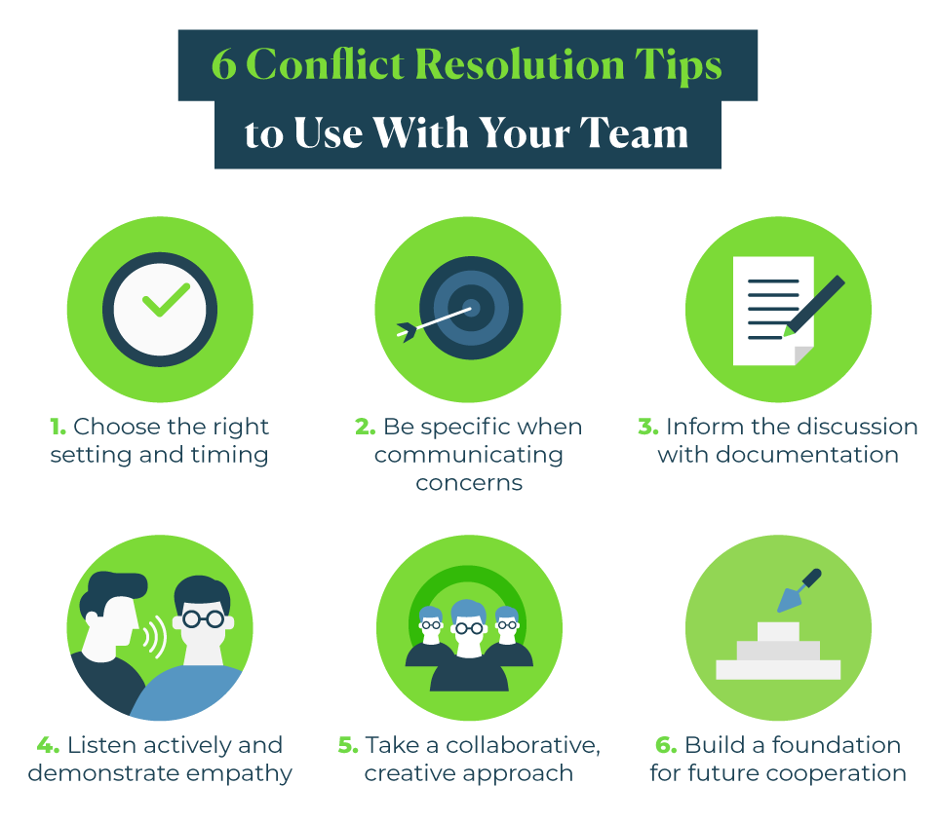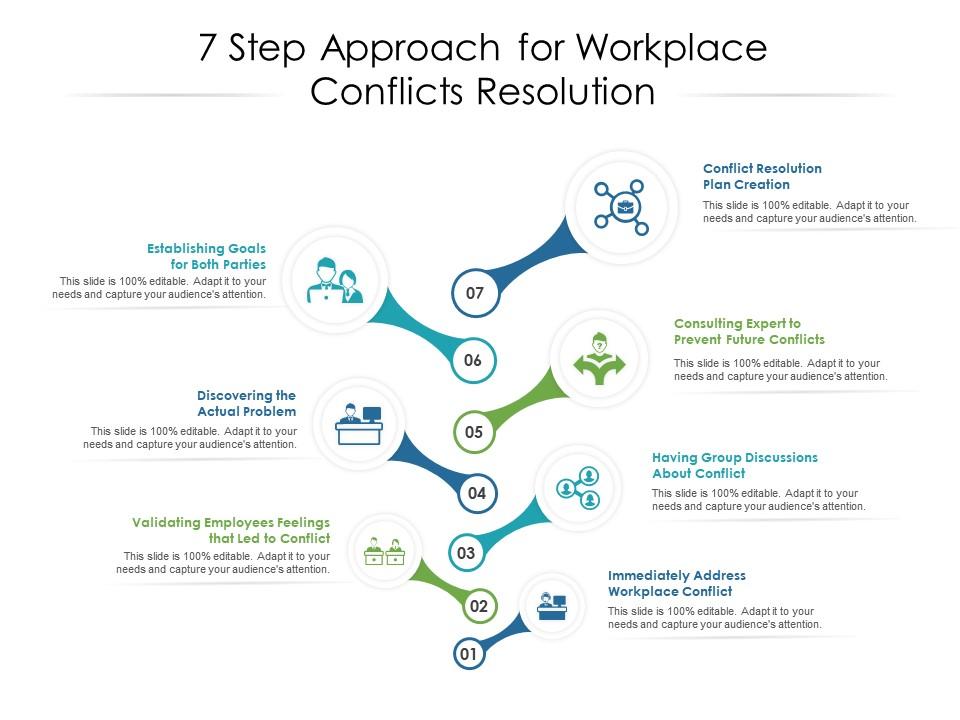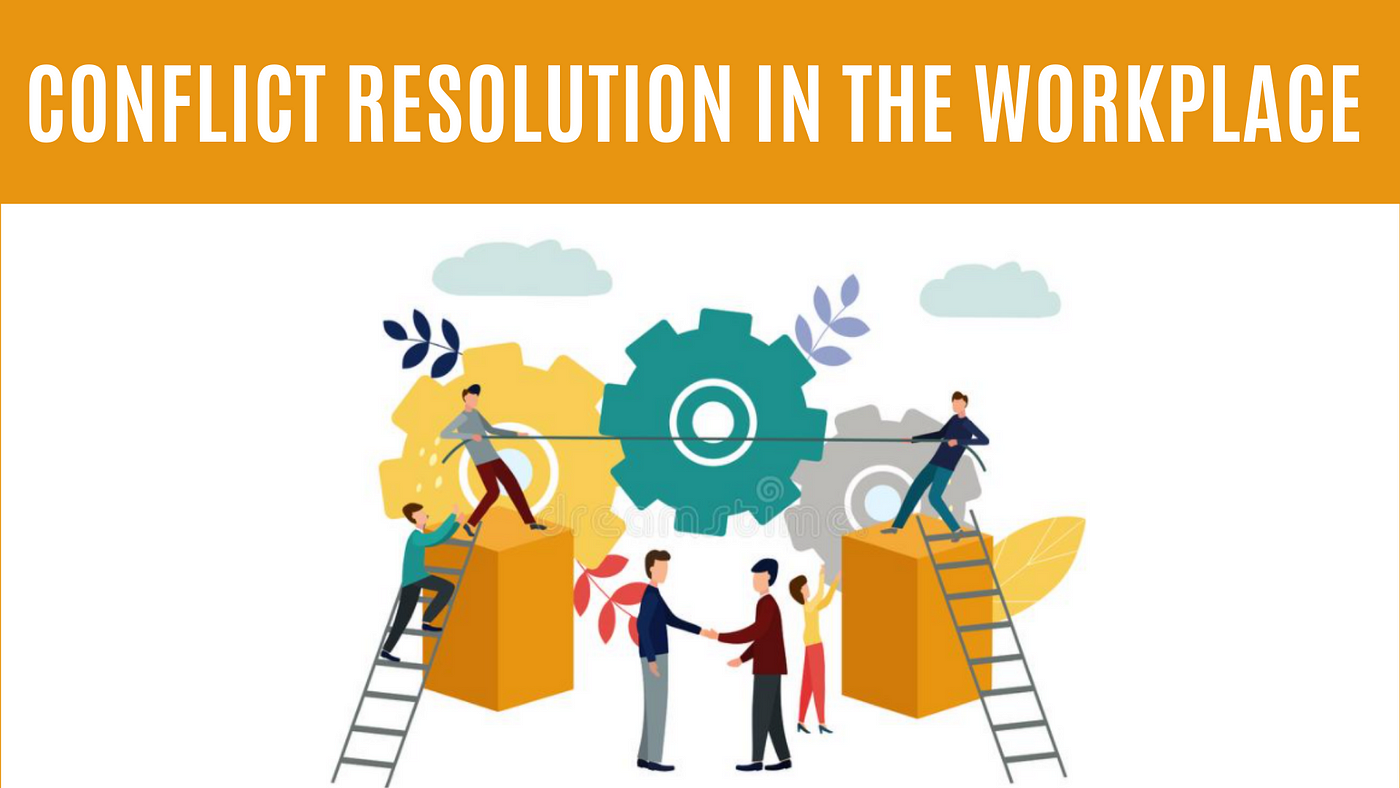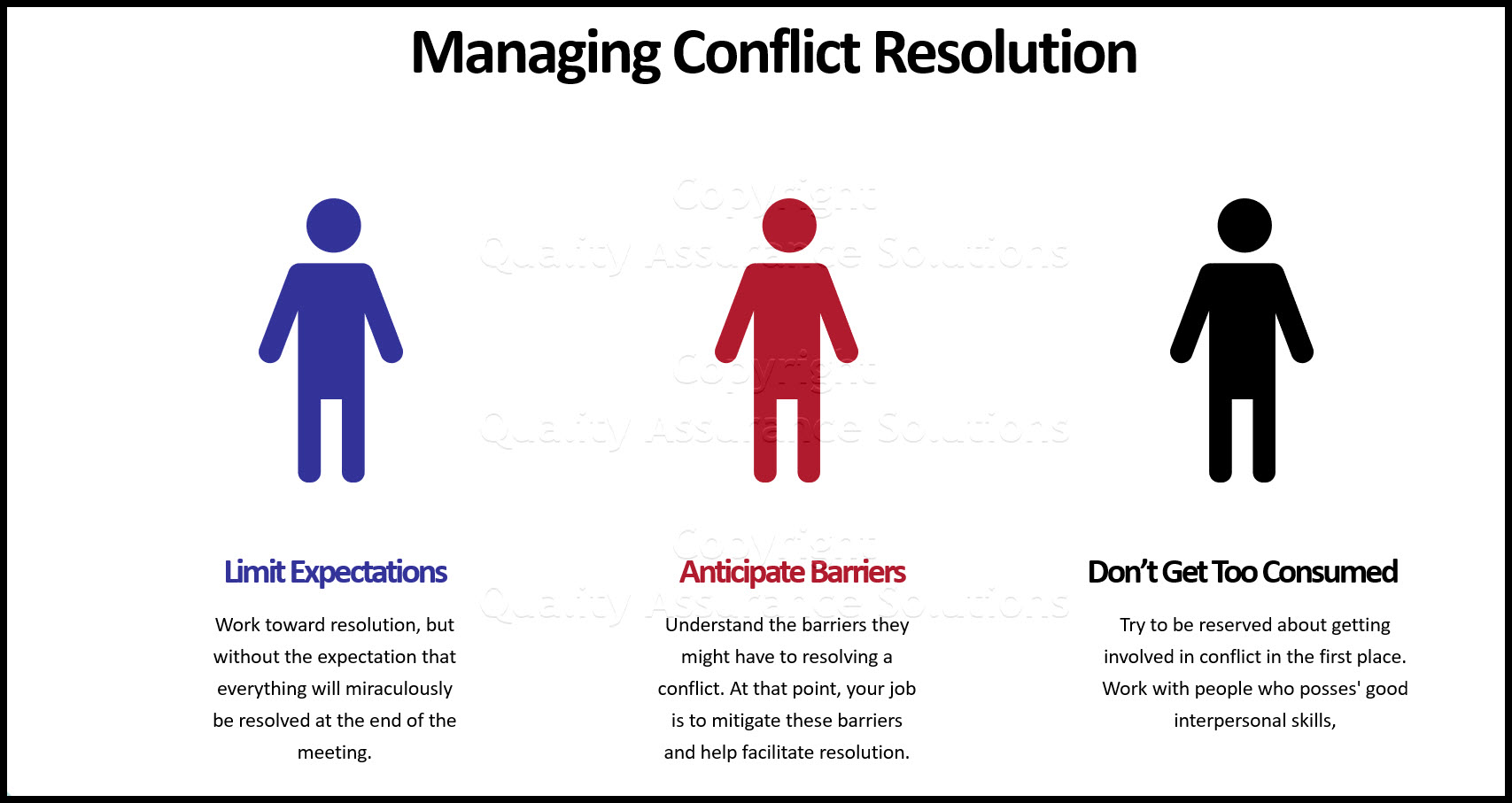Strategies To Resolve Conflict In The Workplace
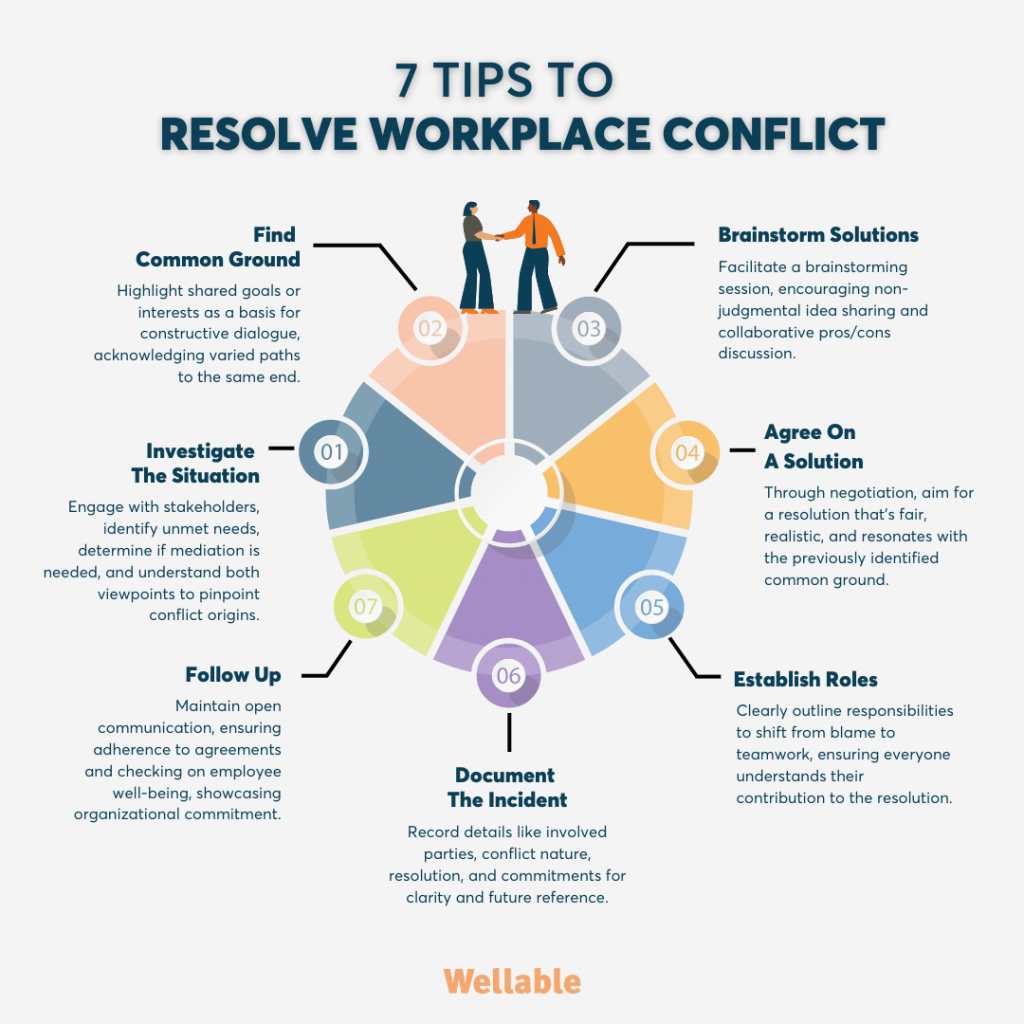
Workplace conflicts are escalating, demanding immediate and effective resolution strategies to prevent significant productivity losses and employee attrition. Companies nationwide are scrambling to implement new approaches to manage and mitigate these disputes proactively.
This article examines proven strategies to tackle workplace conflict head-on, providing a roadmap for businesses seeking to foster a more harmonious and productive environment.
Early Intervention: The Key to Prevention
Proactive intervention is paramount. Ignoring simmering tensions allows them to fester, escalating into larger, more disruptive conflicts.
Regular check-ins with employees, coupled with open-door policies, can identify potential issues early. This allows managers to address concerns before they escalate into full-blown disputes.
Establishing Clear Communication Channels
A lack of clear communication is a frequent catalyst for workplace disagreements. Implement structured channels for feedback, concerns, and complaints.
This includes regular team meetings, anonymous feedback boxes, and dedicated communication platforms. Making sure employees know where to direct their concerns is essential.
Mediation and Facilitation
When conflicts arise, mediation offers a structured process for resolution.
Trained mediators, either internal or external, can facilitate constructive dialogue between conflicting parties. The goal is to guide them toward mutually agreeable solutions.
Conflict Resolution Training
Equipping employees with the skills to manage conflict constructively is crucial. Companies are now offering conflict resolution training to all levels of staff.
These programs teach active listening, empathy, and negotiation techniques. This empowers employees to address disagreements themselves.
Formal Grievance Procedures
For more serious disputes, formal grievance procedures are necessary. These procedures should outline a clear process for reporting, investigating, and resolving complaints.
These procedures should be readily accessible to all employees and followed consistently to ensure fairness and transparency.
The Role of HR
The HR department plays a central role in conflict resolution. They provide guidance, investigate complaints, and ensure compliance with company policies and employment law.
HR should be involved in all serious disputes to ensure impartial investigation and fair outcomes. They must serve as a resource for both employees and managers.
Documentation and Record-Keeping
Proper documentation of all conflict-related incidents is essential. This includes records of complaints, investigations, and resolutions.
Accurate record-keeping protects the company legally and provides valuable data for identifying recurring conflict patterns.
The Cost of Unresolved Conflict
Unresolved workplace conflict has significant financial implications. A 2023 study by CPP Global Human Capital Report estimates that U.S. companies lose approximately $359 billion annually due to workplace conflict.
This includes lost productivity, absenteeism, employee turnover, and potential litigation costs. Investing in conflict resolution strategies is a worthwhile investment.
Moving Forward: A Proactive Approach
Organizations must prioritize building a culture of open communication, mutual respect, and proactive conflict management. This involves ongoing training, clear policies, and a commitment from leadership.
Companies who implement these strategies will see marked improvements in employee morale, productivity, and overall organizational health. Regular reviews of current conflict resolution processes are crucial for continued success.

